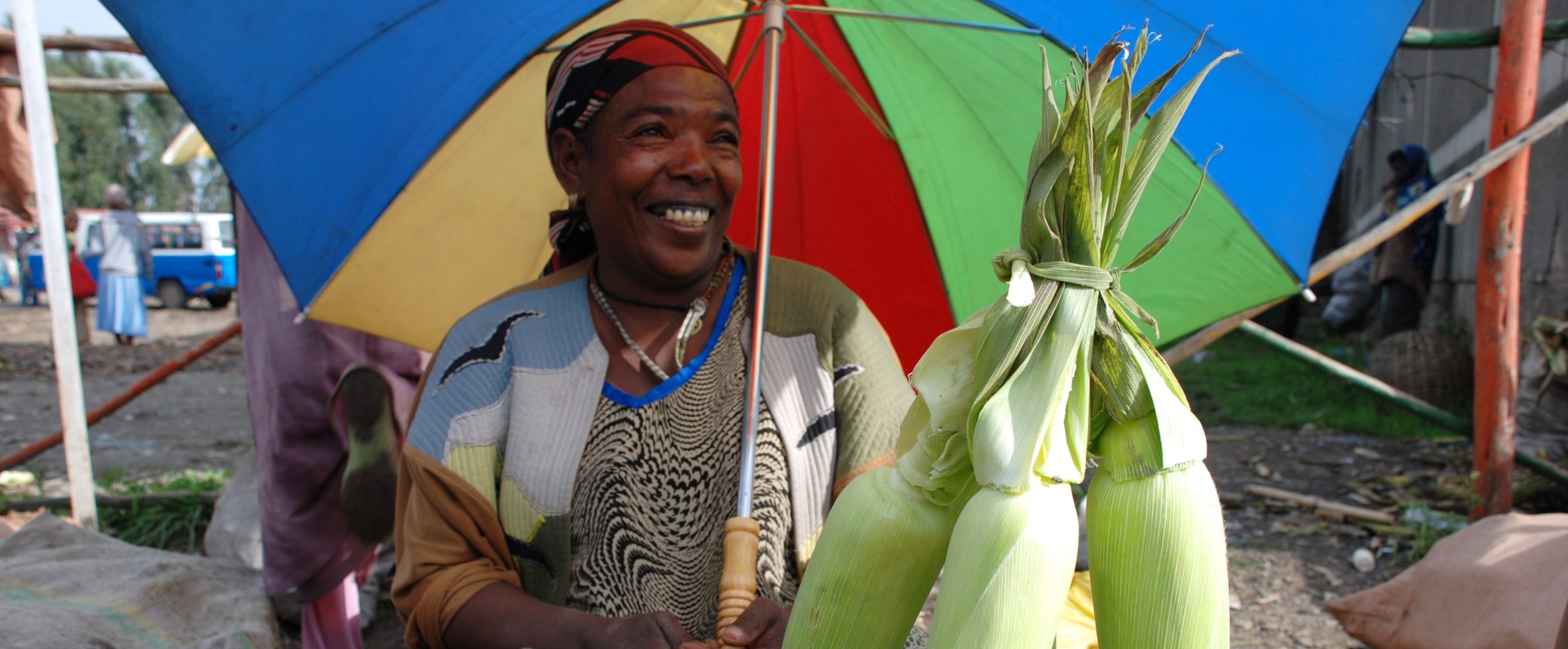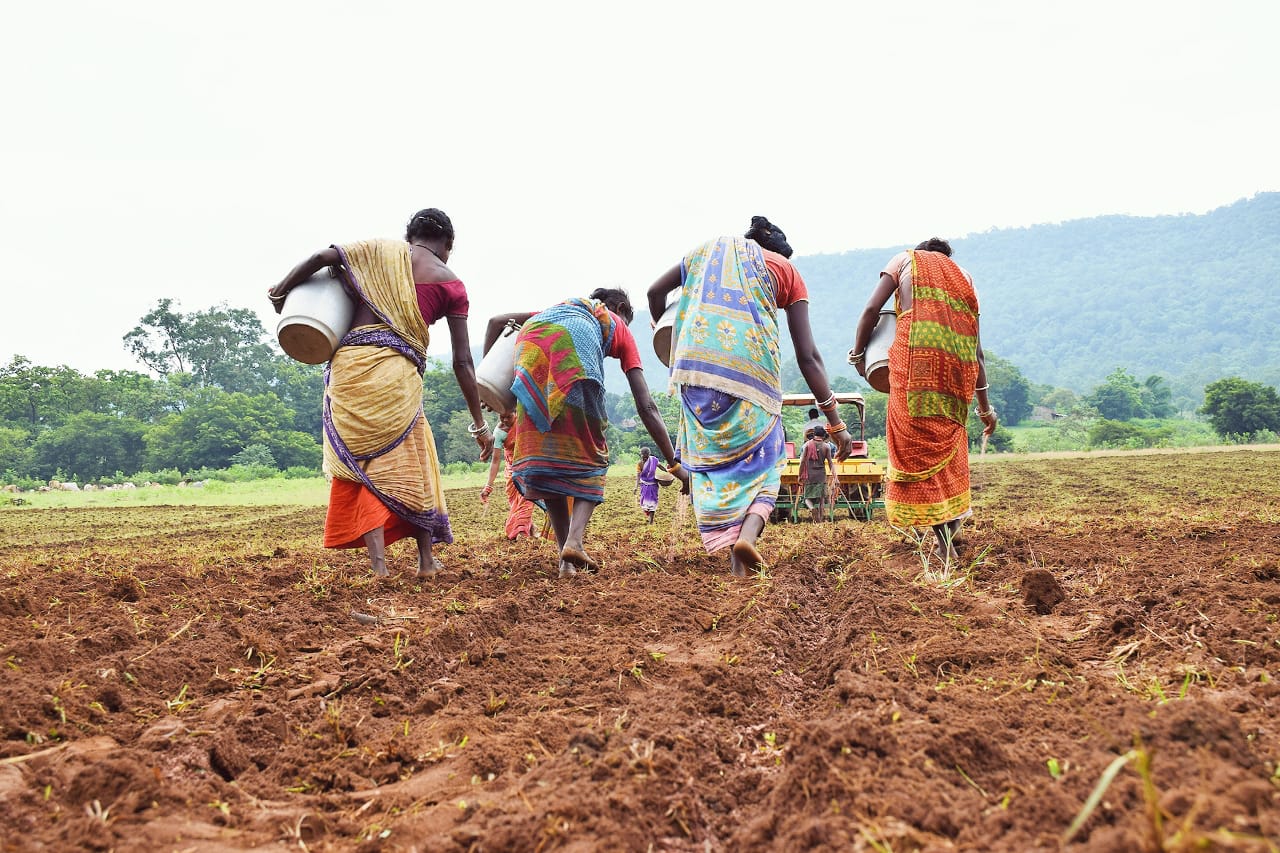How the living shapes markets: accounting for the action of biological entities in market agencing. Authors: Quentin Chance, Frédéric Goulet and Ronan Le Velly
This article uses research into the organic food market in France to show that biological factors can play an important part in influencing the structure and organization of markets. The authors use this to point out that while many studies of market agencing discuss in detail the role played by social and material agents, biological agents should be an equally important part of such research.
Over the last four decades, there has been considerable research into Actor-Network Theory (ANT), which looks at the effect of various agents on markets. However, in the majority of cases, the agents discussed have been material (for example, shopping trolleys) or social (human habits or economic motives). The research which forms the basis of this article was originally carried out as a study of how French organic-produce collectives tried to influence markets to suit their needs and ideals. On reviewing the data, it appeared to the authors that there were additional agents affecting their marketing, which derived from biological factors. Unlike the material and social agents, farmers were only able to control these biological factors with great difficulty, if at all. For example, the inability to use chemical inputs on crops meant that crop rotation over a multi-year period was essential; however, wholesalers’ traditional structures expected a farmer to supply the same produce in the same quantity year after year. In cases such as this, altered supply chain arrangements needed to be negotiated between the suppliers and the wholesalers.
The authors made four sets of observations showing the market-shaping effect of biological agents.
- Measures taken by established organic farmers to avoid price competition from new market entrants — the well-established farmers had chosen to start growing crops which required more expertise, time or equipment (such as Belgian endives or onions), rather than less complex standard crops such as potatoes.
- Biological processes which necessitate altering the traditional market production and supply structures — for example, the need for crop rotation as mentioned above.
- Natural agents will affect crop yields and introduce variability in quality and quantity, which the market needs to allow for. The authors give examples of pests, viral infections and weather as agents that affect all farming, but in the case of organic farming are particularly troublesome.
- After harvest, produce will naturally experience ripening/aging, and then degradation in quality. Standard industrial ways of controlling these biological processes utilize methods and agents that are unacceptable or even harmful when dealing with organic produce, for instance, spraying with chemicals.
Following these observations, the authors make a series of propositions and suggest research questions which could result from them, for instance:
- How does the action of biological entities affect the establishment of market norms/the way prices are set?
- How do representations of the market take account of biological processes?
In conclusion, the authors demonstrate how the effect of biological agents on markets is already inextricably intertwined with the effects of material and social agents. Future research, to be truly comprehensive, needs to look in equal depth at all other possible influences on the market.


 Environmental health and biodiversity
Environmental health and biodiversity 